Catholic Bishop and online influencer Robert Barron recently gave a sit-down interview with Fox News over this year’s Olympic Games.
In the interview, Barron outlined how the spirit of athletic competition runs counter to pushes for diversity, equity, and inclusion and how forcing DEI into the Olympics creates an inherent tension.
Barron Interview
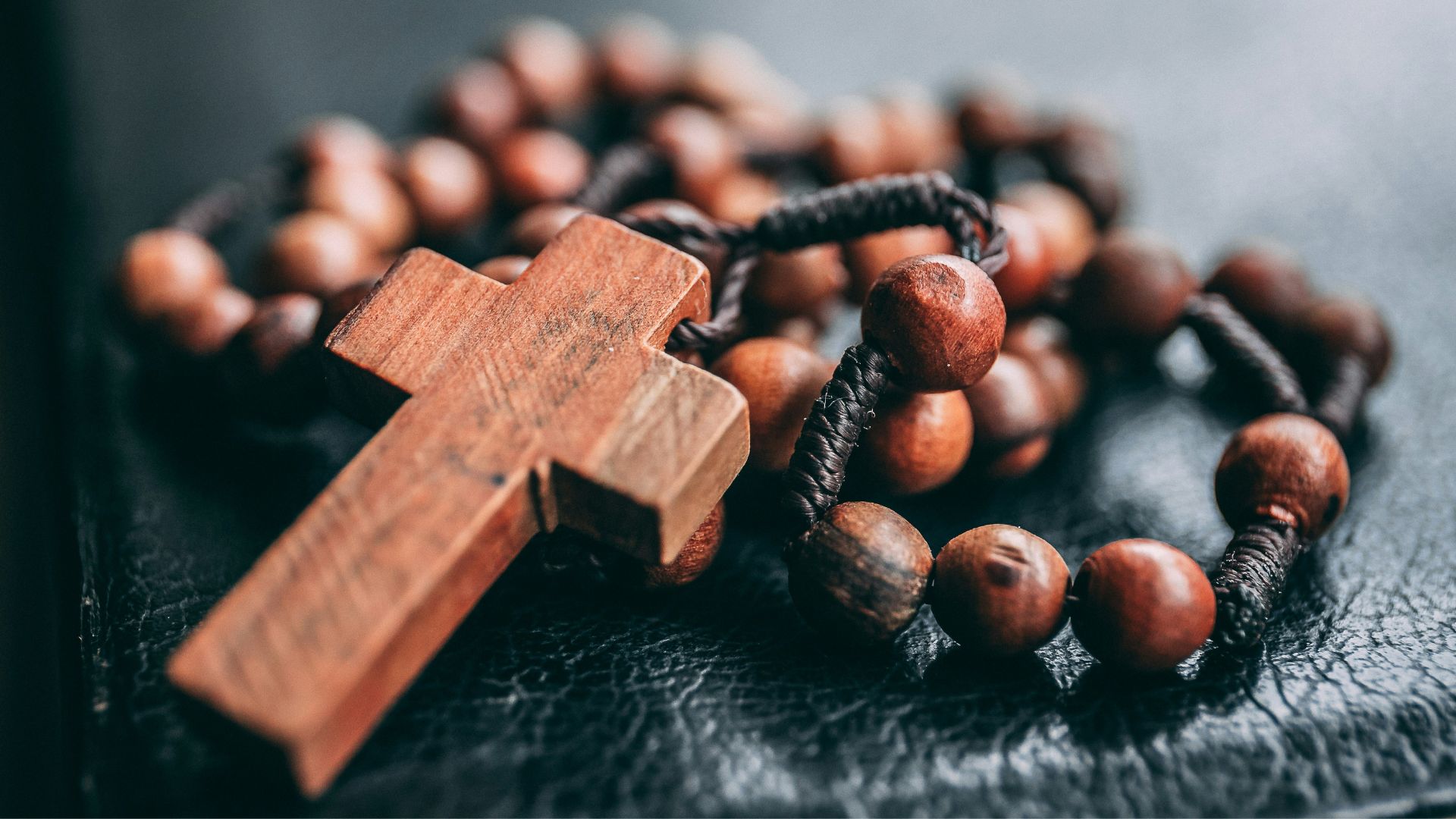
In regards to the Olympic Games, Barron took issue with DEI ideas about forcing equity to be melded together with competitive athletic sports.
“Well, that’s not only unjust, but it militates against the very excellence that we’re celebrating,” Barron said.
What is DEI?
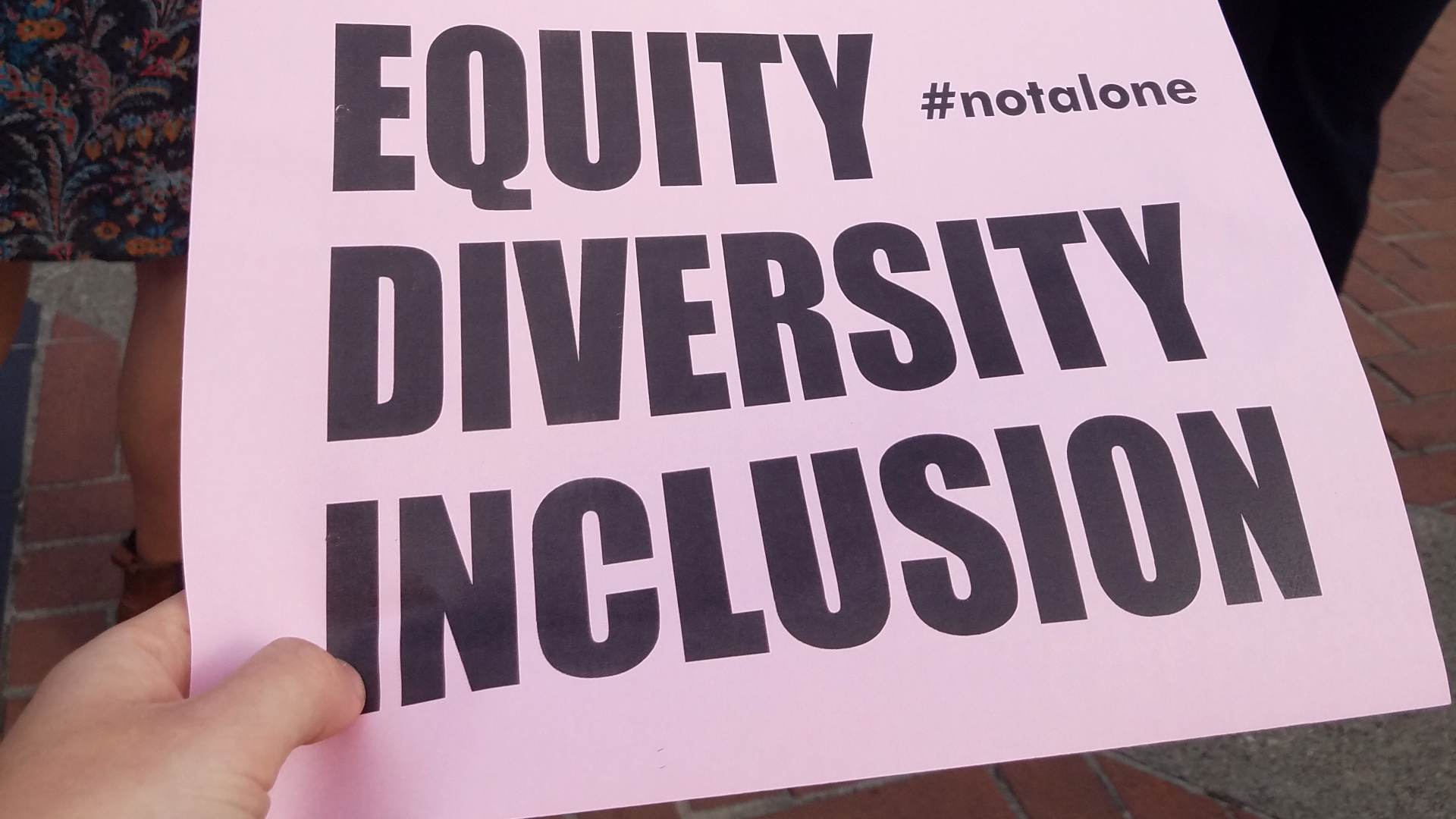
DEI stands for diversity, equity, and inclusion and is an ideological framework that seeks to empower individuals from historically disadvantaged groups.
The concept has become a political hot-button issue as critics assert that DEI often accomplishes the opposite of its goals, and can lead to its own forms of discrimination.
Athletic Tension
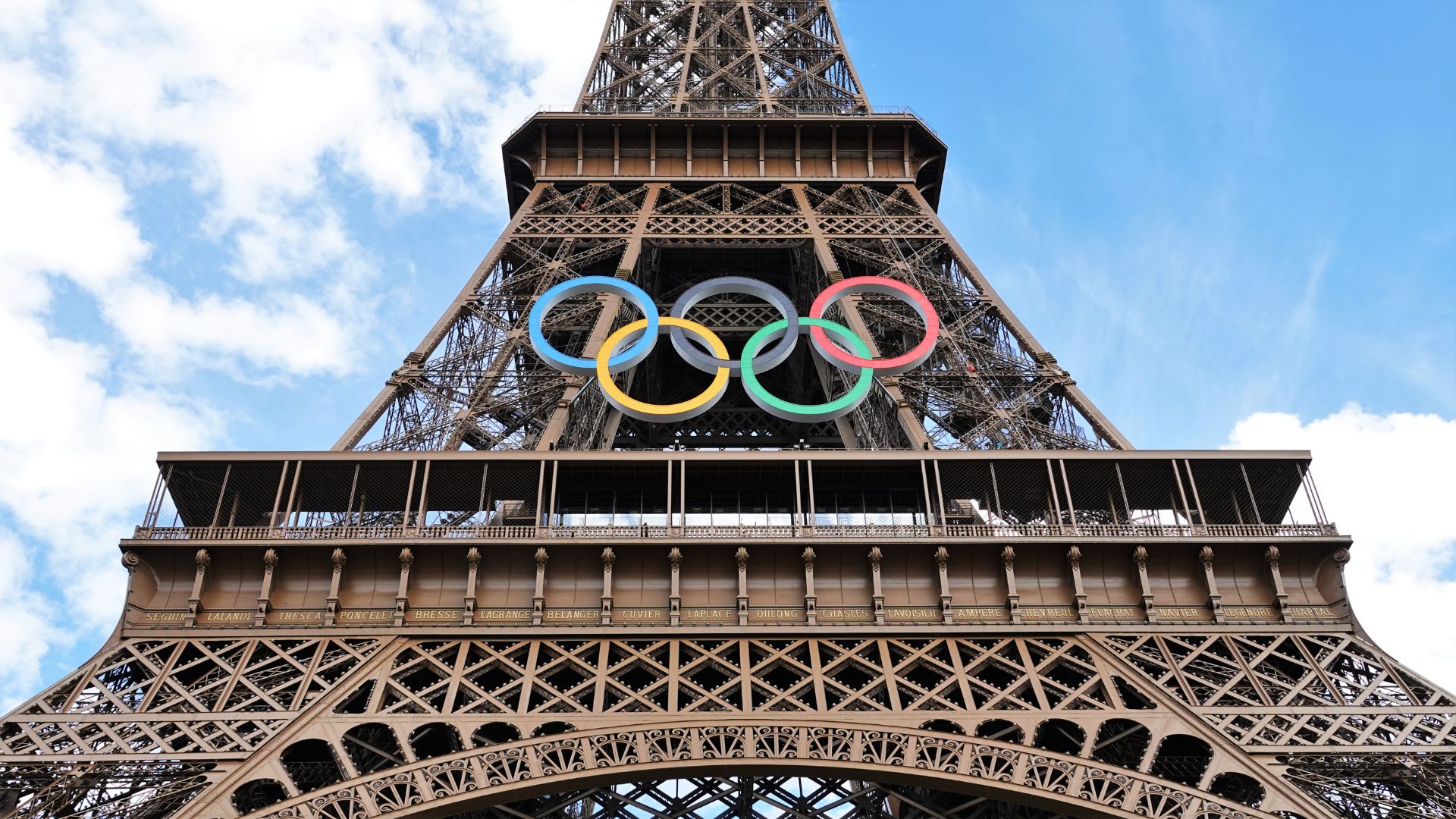
According to Barron, people striving for athletic achievement will necessarily run up against the principle of equity for all.
“I don’t think you can really have both those things at the same time,” Barron said, arguing that pushing for equity of outcome necessarily precludes separating people based on their athletic abilities.
Equality of Opportunity
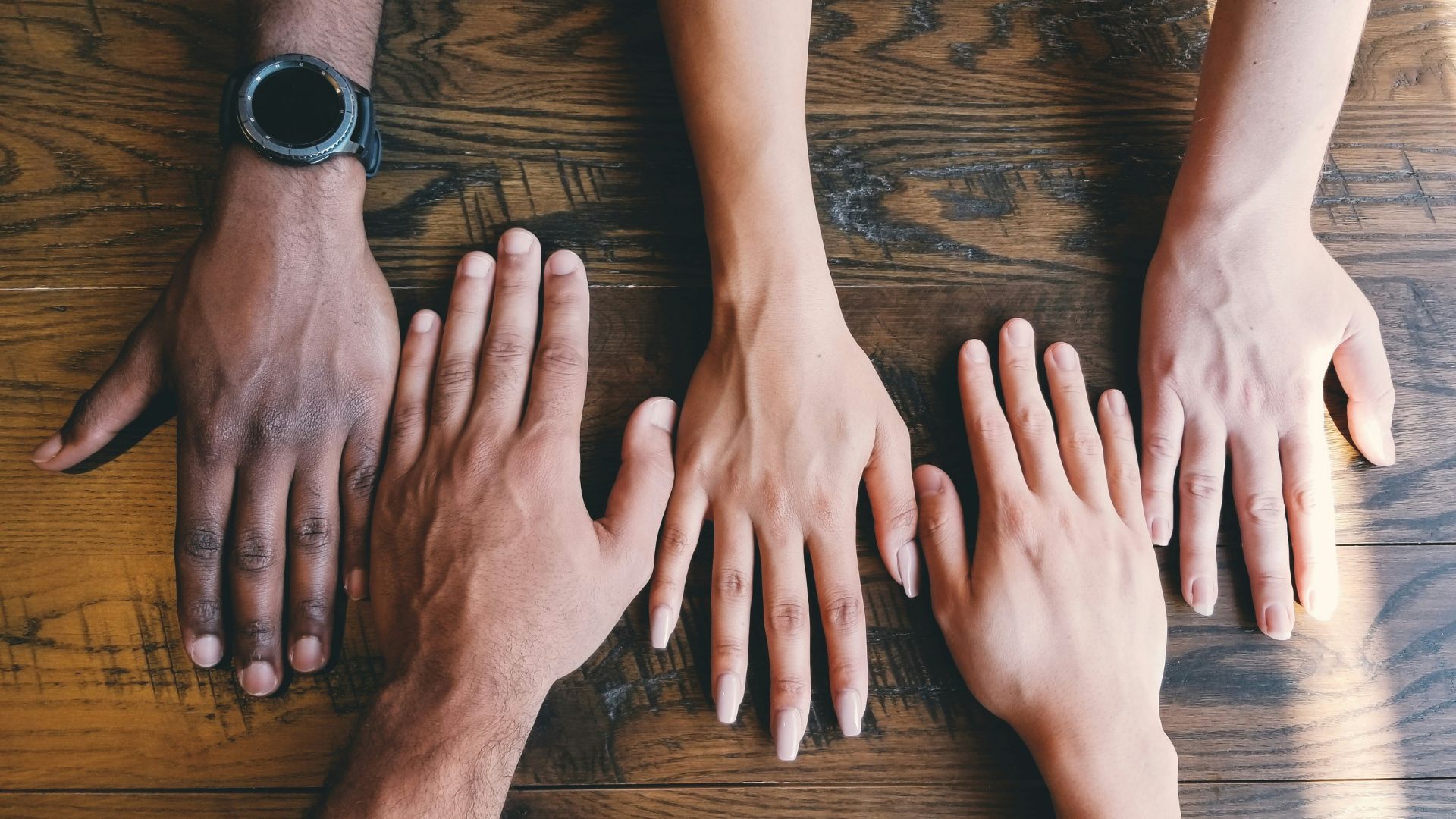
In the interview, Barron differentiates between equality of opportunity and equity of outcome, the latter which he feels society is making a mistake in focusing on.
“Well, there’s that – equality of opportunity. But then there’s equity of outcome, which our society now seems to be highly prizing; so that the outcome of a situation or a particular walk of life should correspond to, let’s say, the racial breakdown of a society, etc,” said Barron.
Simone Biles

Barron used the example of gymnast Simone Biles, calling her “the greatest of all time,” and saying that if equity was forced upon her, everyone would agree it was unfair.
“Let’s say if at some point in her career, Simone Biles was told, ‘No, no, you can’t go out for the gymnastics team because you’re Black or because you’re a woman’ or whatever. Of course, that’s unjust. And that should always be fought any time at any level,” Barron said.
Biles Contradicts DEI
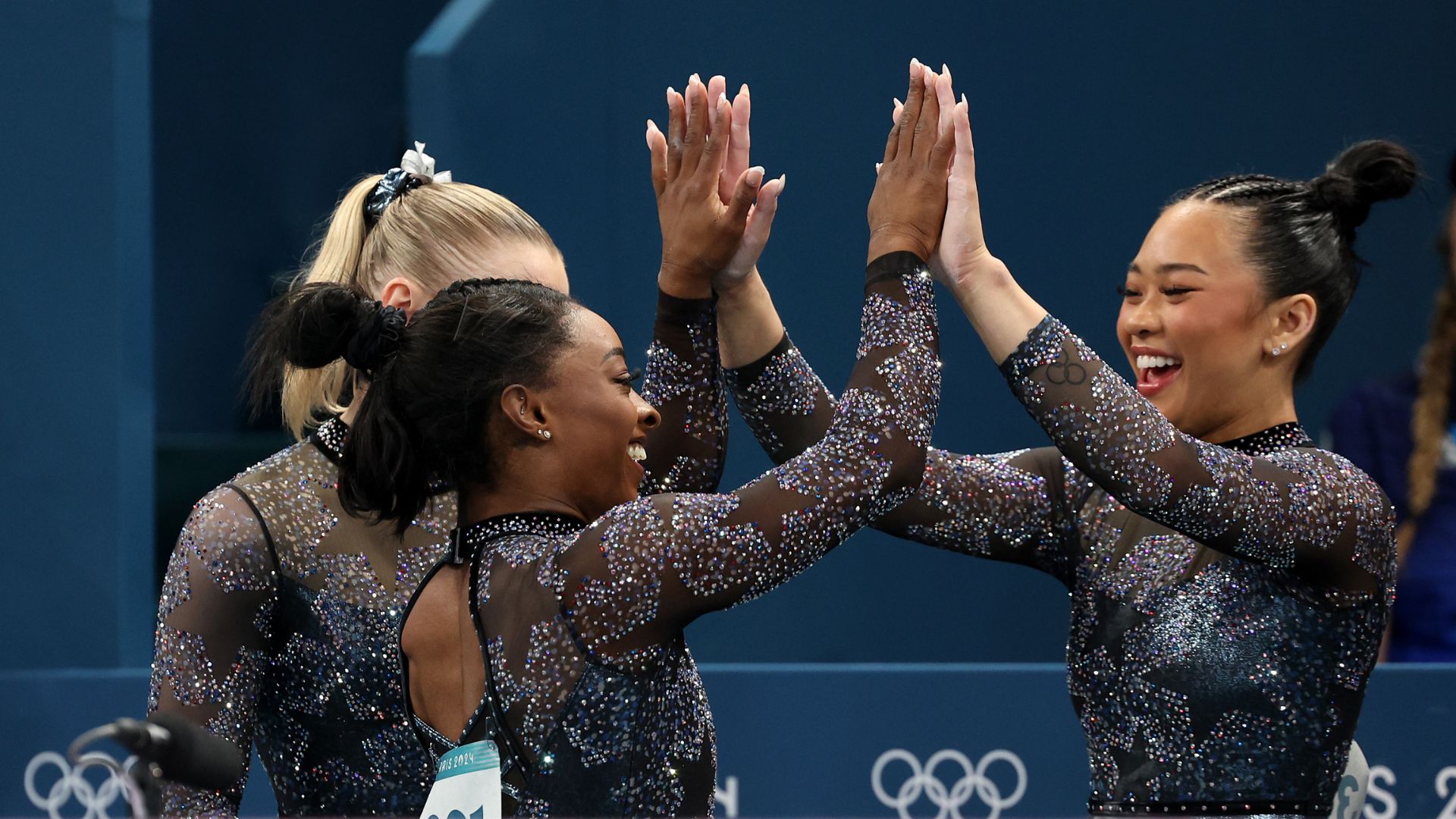
Barron felt that Bile’s achievements as an athlete which are being celebrated by DEI supporters undercut their entire argument for equity.
“She stands at the pinnacle of Olympic excellence because along the arc of her life, armies of people have been excluded. Now, what I mean is, not that they weren’t given equality of opportunity. What I mean is, well, she won a medal, which means the other people competing with her didn’t win the medal,” said Barron.
Competing at a High Level is Exclusionary
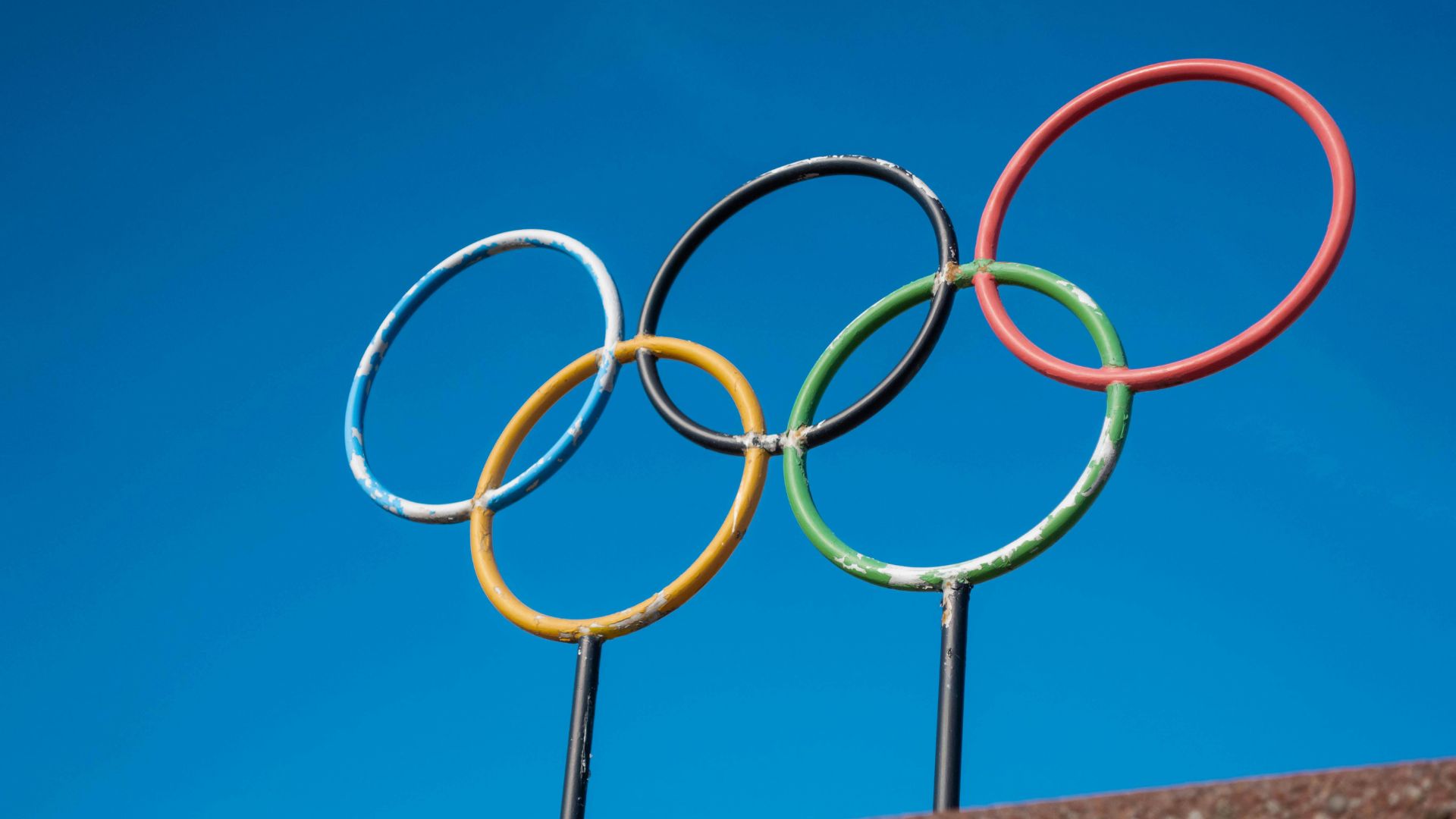
The Catholic Bishop would also make the argument that Biles getting opportunities and advancing her career necessarily excluded others who wanted the same things she did.
“She made team after team after team, which meant all kinds of other people that went out for the team were excluded,” Barron said.
DEI Win
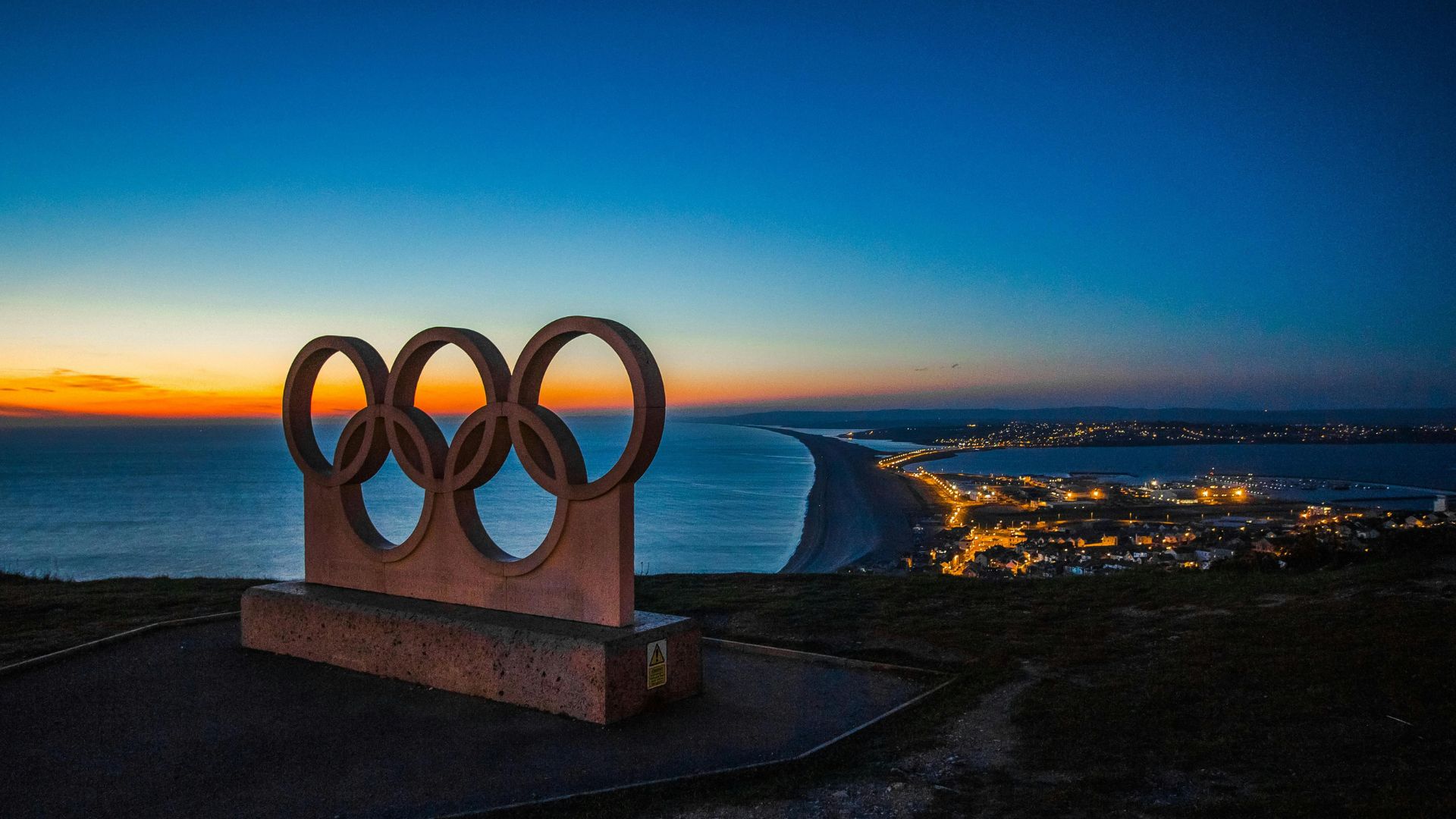
A July 9 USA Today opinion piece written by Eboo Patel praised Biles’ and other diverse athletes’ performance as a huge win for DEI.
“The Summer Games have given the DEI (diversity, equity and inclusion) movement the greatest gift it could ever hope for: a picture of success that can inspire people from across the political spectrum,” Patel wrote. “I don’t see anyone calling Simone Biles or Suni Lee a “DEI hire.”
Criticizing the Olympics
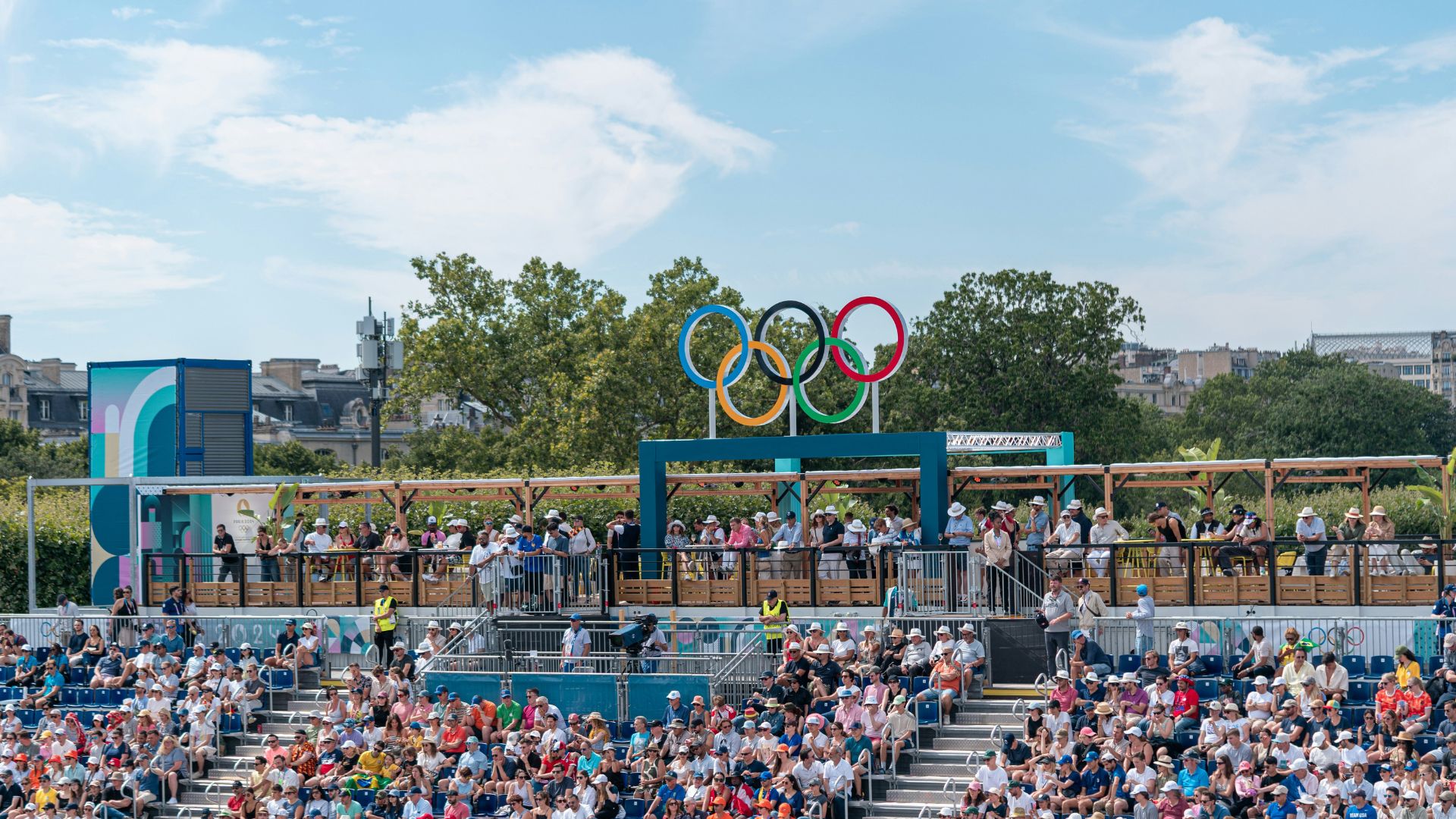
Critics of DEI online have taken to decry the Paris Olympic Games for instances they see as DEI infecting the competition.
“I saw the media making a big deal about the ‘all black podium’ at the Olympics and thought it was just dumb race baiting. I didnt realize they blatantly robbed a white girl out of her medal so they could get their all black podium. Truly the DEI Olympics,” said conservative influencer Matt Walsh.
Turning DEI Around

Other critics of DEI felt that DEI supporters only embrace the imposition of equity when it benefits them, and would oppose it if the roles were reversed.
“Do you know not a single white person was selected to be on the men’s 2024 basketball team for the Olympics? Diversity, equity, and inclusion. Only when it suits you,” said an X user.
Contradiction of Merit
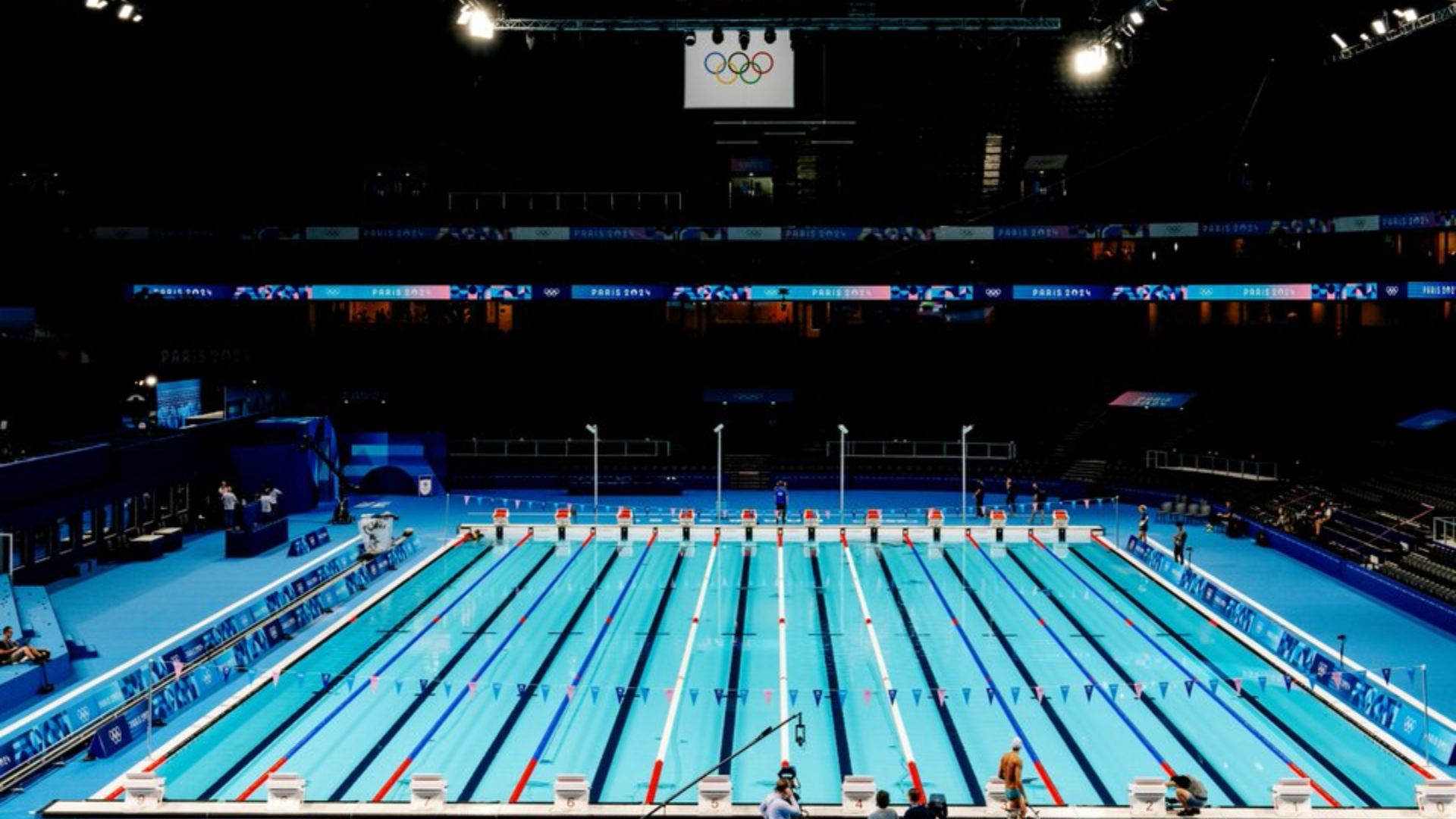
This contradiction between DEI and athletic competition was pointed out repeatedly by commenters in discussions of the Olympics online.
“Michael Wilbon says Caitlin Clark shouldn’t be on the Olympic team because she doesn’t deserve it. Who deserves it is what matters to Wilbon. Fair enough,” said X user Frank DeScushin. “When people argue DEI is unfair to who truly deserves it, however, then suddenly a merit argument becomes hate or racism.
